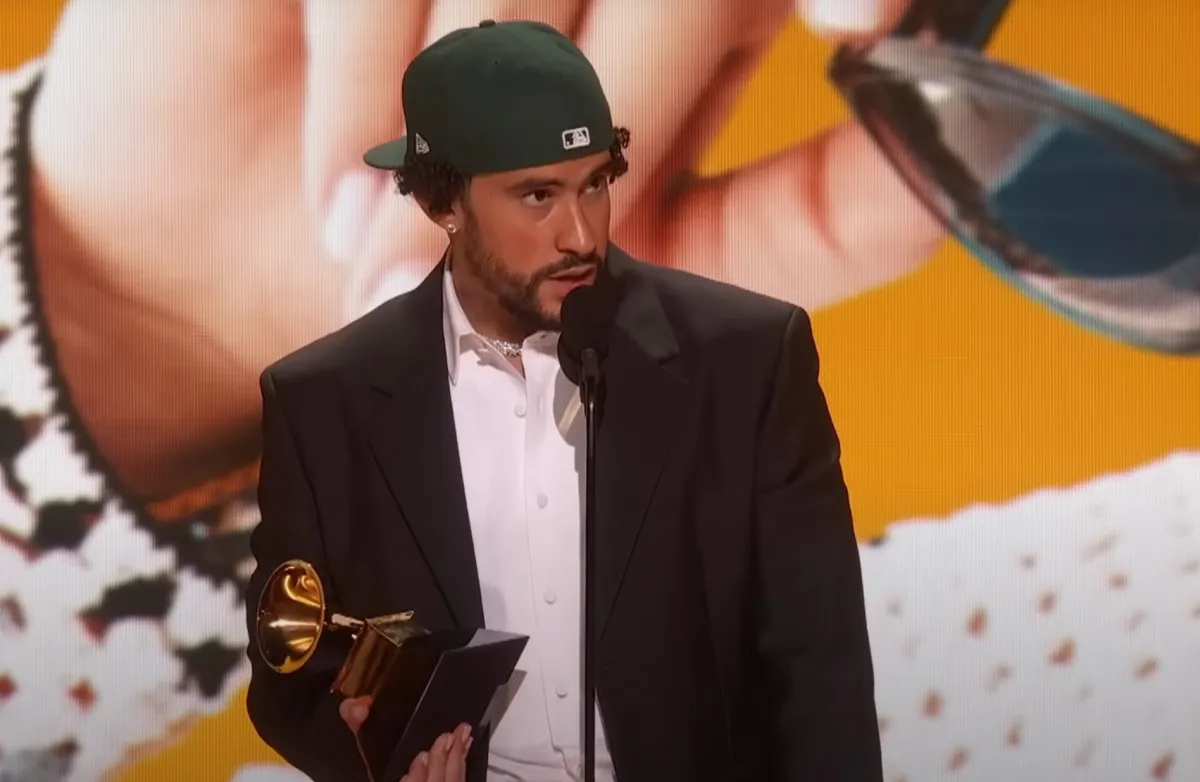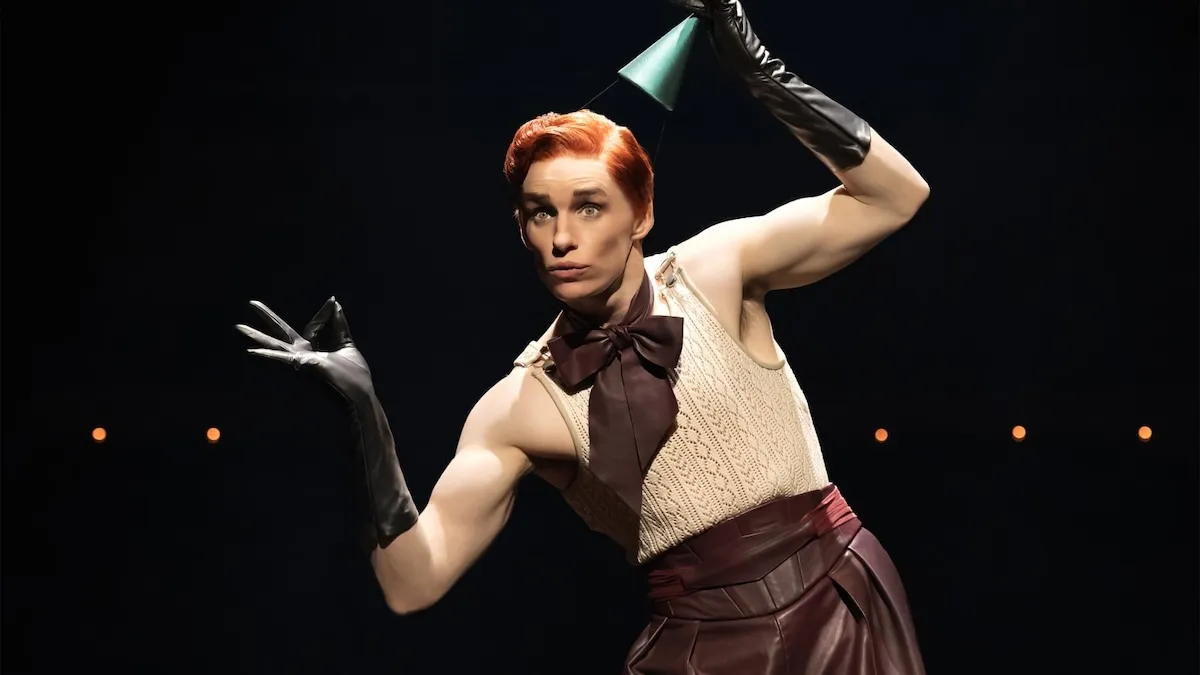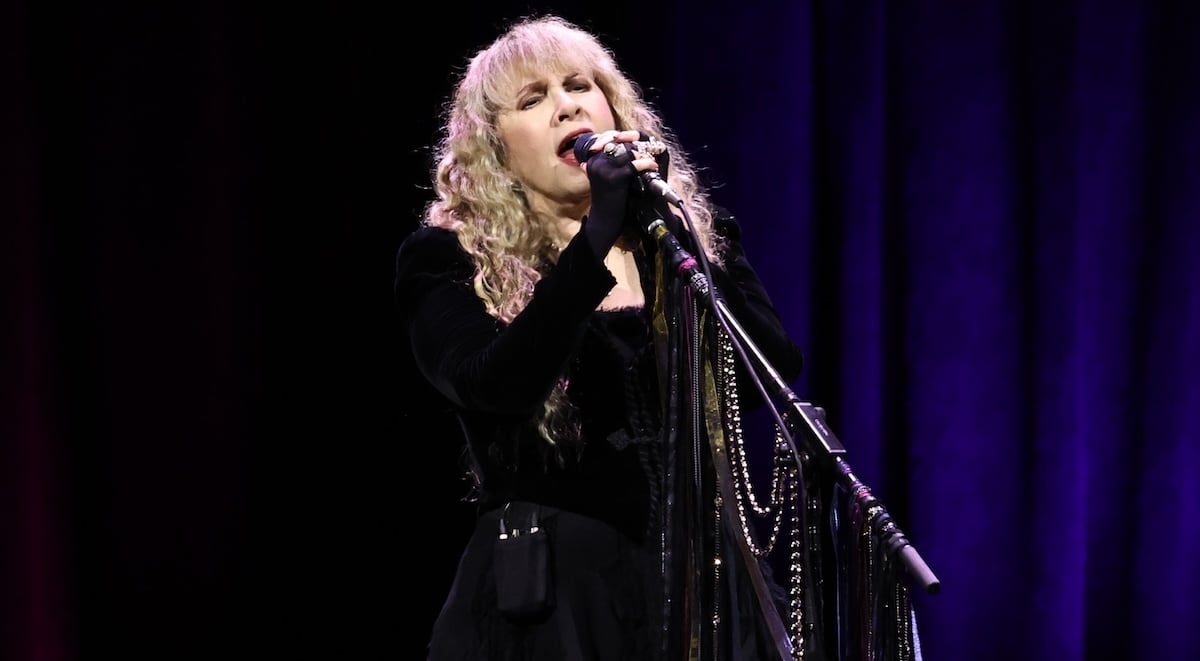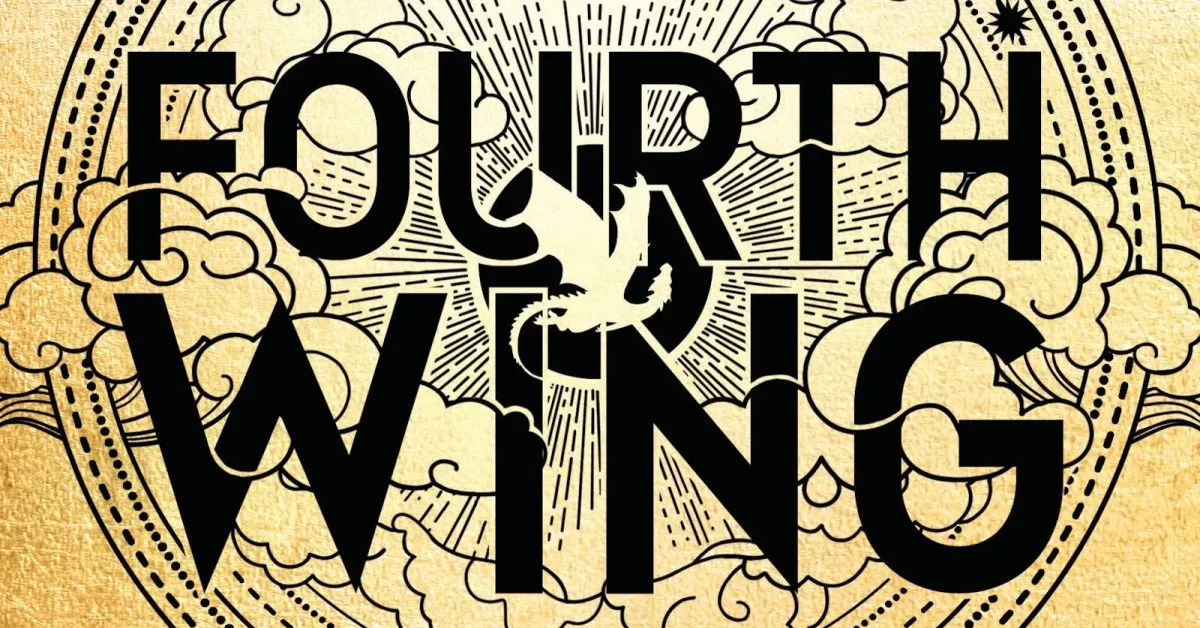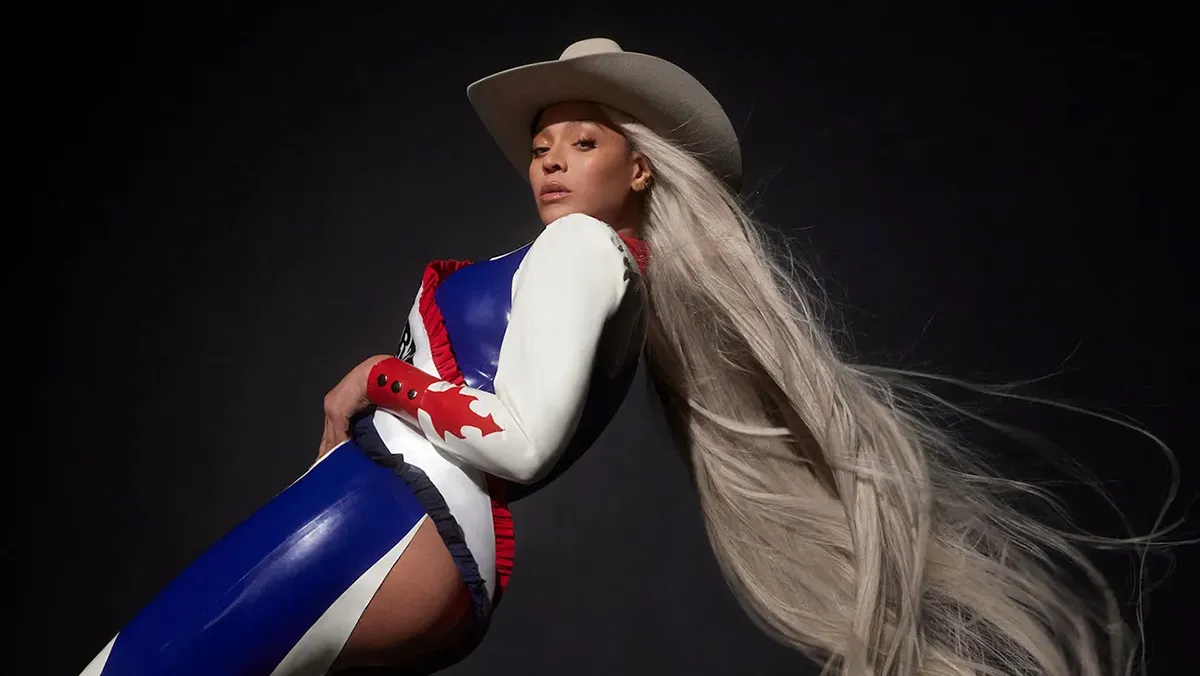The Grammy’s opened featuring the Album of the Year winner of my heart, Bad Bunny aka Benito Antonio Martinez Ocasio.
Benito performed a fresh rendition of “El Apagón” with playful live instruments that were faster-paced than the studio album version. This was a perfect song to open an award show to get the audience going, especially the Grammy’s—an institution notorious for snubbing artists of color even though the winners appropriate our culture.
The irony of Bad Bunny singing “Ahora todos quieren ser Latino, no, ey/Pero les falta sazón (Now everyone wants to be Latino, no, ey/But they lack seasoning)” to a room full of awkwardly dancing, self-congratulatory white people does not escape me. I see what you’re doing, Benito.
It’s all about the music
For those who need the translation, “El Apagón” is a song that decolonizes by calling out white American imperialism. Hear me out. The title translates to “blackout” and refers to the 2017 blackout that was the second longest the island experienced. At the time, there was a lot of criticism that the government did not respond quickly enough or allocate enough resources, coupled with privatization contracts that made this humanitarian crisis worse. To make things worse, there was little to no U.S. media coverage, despite Puerto Rico having no power for months.
Fans know that the music video for “El Apagón” is an 18-minute documentary of the 2017 blackout the island experienced. It presents news footage, articles, and interviews, while the song declares its love for the land and culture—which gives a deliberate shout-out to their Taino roots. Arial shots of the undeniably beautiful island and its people are paired with the interviews about the blackout and current displacement of Puerto Ricans by Americans taking advantage of the “cheap” real estate (because cheap is relative) and growing infrastructure occurring as a result of Hurricane Maria.
The perception of Bad Bunny’s performance
Surface-level public perception has Bad Bunny as a player and partier—taking a fan to a Laker’s game. While some may be true, he makes a point of using his art to uplift his people and culture.
When “Un Verano Sin Ti” Puerto Rican tour was announced, he ensured tickets were only from $15 to $150 and would only be sold in person at the venue. This made it more likely for local and native Puerto Ricans to attend. This, coupled with Bad Bunny breaking machismo gender norms and sexism for years, was what first truly put him on my radar.
Most recently, Bad Bunny is a producer in the film adaptation of Adam Silvera’s They Both Die at the End. Silvera is a queer Puerto Rican who grew up in New York, and whose book has caused ripples in the YA space. While it’s still relatively early in Benito’s mainstream career (because he’s been famous for Latines for a while), he is deliberately using his fame and money to support his community.
This is why Bad Bunny’s Grammy wins are so important.
So what’s the problem?
The part that made me furious at the Grammys? The fact that the closed captions were simply “speaking/singing in non-English” during Bad Bunny’s performance. The man is a world-famous singer. Really, Grammys?
“This is for an American audience,” someone may argue. Okay, so why is it that according to the U.S. Census, Spanish is the second most frequently spoken language? Or that ten states used to be a part of Mexico and for some of those states, the state constitution was written in English and Spanish because most of its citizens spoke Spanish? Let’s not forget the fact that Puerto Rico is still a territory of the United States. Guess what they speak? Spanish.
The audacity of the closed captions of Bad Bunny’s performance of “El Apagón” and then “Después De La Playa” being: “speaking non-English, singing in non-English” doesn’t feel lazy but deliberate. This, along with painting Bad Bunny as a typical Latino with swag and bitches to a non-Latine American audience, feels like a choice to keep general audiences in the dark. Maybe after the Grammys non-Spanish-speaking Americans will go to Puerto Rico, visit the island, and buy a vacation home, which goes against everything Benito is trying to do. He wants to celebrate and protect his people, but how can that happen if someone is literally refusing to relay the message?
This is why it’s painful watching white millionaires like Taylor Swift and Harry Styles dance to “El Apagón” and then “Después De La Playa.” These other artists whose work, in my opinion, lacks engagement and doesn’t challenge the powers that be because they stand for nothing and no one, whose concert tickets are hundreds and thousands of dollars that end up lining their own pockets.
Even U.S. Representative Robert Garcia (Democrat-Long Beach) spoke out against the lack of translation during Bad Bunny’s performance. The complaints and criticism must’ve reached a boiling point because CBS President & CEO George Cheeks responded with the following letter:
Dear Representative Garcia:
Thank you for your letter and sharing your feedback about the Grammy Awards.
The Grammys is our biggest live entertainment event of the year and an evening that showcases a wide range of diverse artists and voices. We were proud to open the broadcast with an electric Spanish-language performance by Grammy-winning artist Bad Bunny to a national and worldwide audience.
Regrettably, errors were made with respect to the close captioning of his performance and subsequent acceptance speech. We worked with a closed captioning vendor that did not execute at a standard to which we should rightfully be held. Regardless, we should have monitored the situation more closely. A bilingual (English and Spanish-language) real-time live captioner should have been utilized and the words used on the screen were insensitive to many. I take full responsibility for what happened.
As you acknowledged in your letter, our closed captioning team worked quickly to address the matter that night, updated the captioning for the West Coast encore, and later for on-demand playback on our streaming platform. Our teams are now re-examining the closed captioning process for all live entertainment events on the network to ensure we properly caption Spanish-language content. We will keep you updated regarding our efforts on this matter.
Please be assured that diversity in our programming and an inclusive experience for our audiences will continue to be top priorities for CBS.
George Cheeks
While the words are pretty on paper, time will tell if CBS will actually make changes in the future.
(featured image: ABC/Recording Academy)



